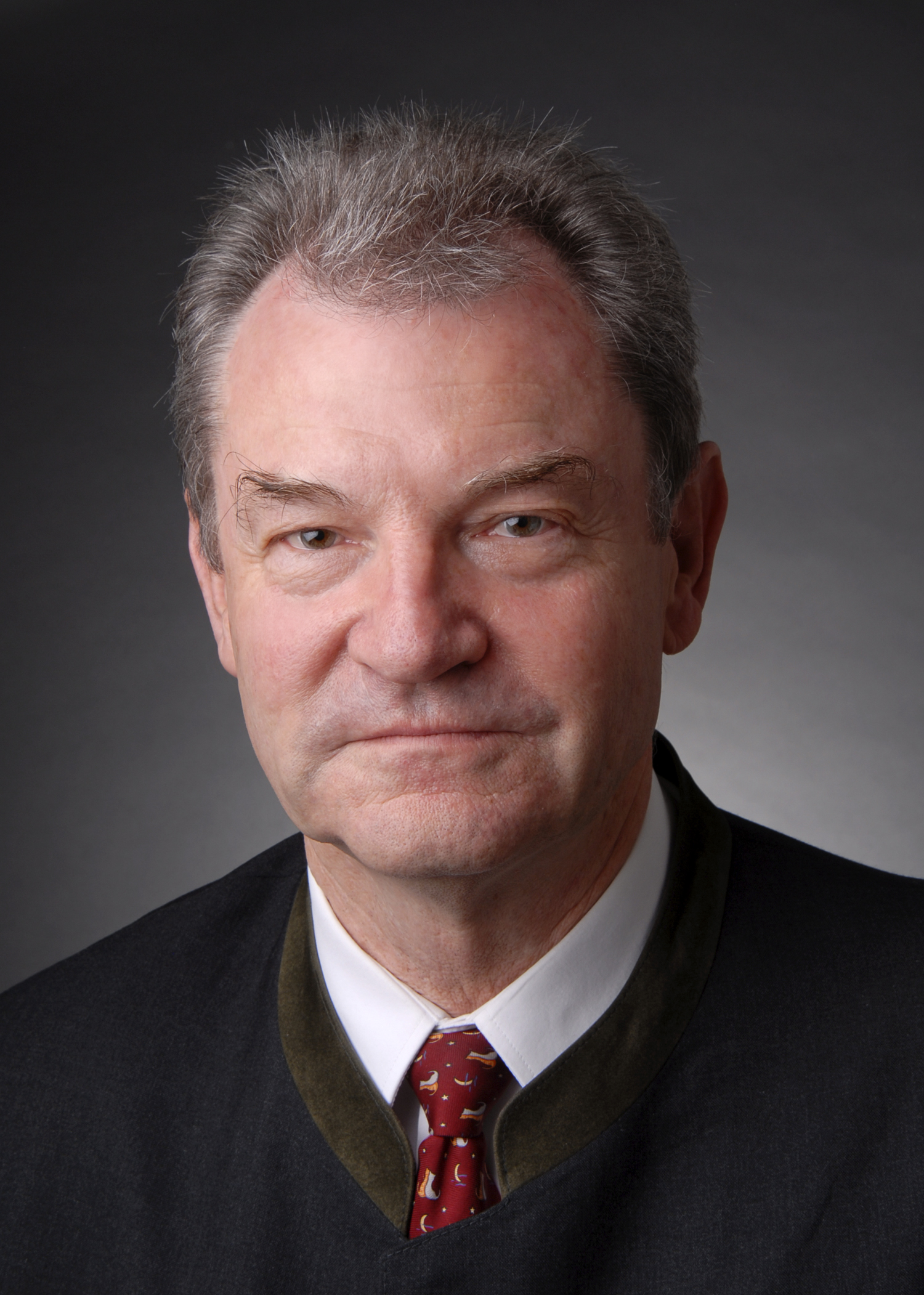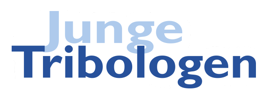Interview mit Dr.-Ing. Klaus Michaelis

What are your hobbies?
My main hobby is gears and their performance. If there is some time left – what happens more often after my retirement – I like mountain hiking in summer and skiing in winter. My indoor activities are table tennis on a very basic level and Schafkopf, a very Bavarian card game. In my active time I enjoyed travelling to conferences around the world, getting into contact with gear and tribology people and having a few days left for discovering the country.
Where do you work and what’s your position?
I started on April 1st, 1970 at the Gear Research Center FZG at the Technical University of Munich as a research associate of Prof. Winter. In 1977 I took the position of a research group manager where I accompanied some 30 associates to their PhD thesis. The subject of my thesis was “Scuffing of cylindrical gears”. In 2010 I retired from my full-time job at FZG. Today, I am still active on a 25 % contract at the FZG in the gear and tribology field as a senior adviser. I offer seminars on gear performance and lubrication as well as gear failures.
How did you end up in the field of tribology?
The subject of my thesis – scuffing of cylindrical gears – required knowledge in engineering as well as surface physics and lubricant chemistry what I enjoyed and found very challenging. EHL film thickness and surface temperature are governing parameters for gear scuffing. I wanted to measure these parameters in a twin disk and hopefully later in a gear contact. Publications of Kannel in the US and Schouten in the Netherlands reported on vapor deposited thin film transducers which made it possible to measure film thickness, pressure and temperature directly in the EHL contact. Due to the sensitivity of such transducers, my consultations in the 1970s of Kannel and Schouten in their laboratories were not successful for direct support. Therefore, I established experimental tribology with the aim of the development of sputtered thin film transducers at the FZG as a research field. In the early 1980s Max Simon was successful in the production of thin film sensors with sufficient lifetime for measurements in highly loaded contacts.
Also in the 1970s, I participated in seminars organized and conducted by Wilfried Bartz who established film thickness methods for the prediction of gear scuffing. Many controversial discussions in these days with Wilfried sharpened my EHL understanding for practical applications.
It was also in the 1970s when I realized that there are many Tribology Conferences around the world and only very few Gear Conferences, what supported my travel activities offering presentations in conferences all around Europe and the world.
If you were to explain “scuffing load capacity” in the “Sendung mit der Maus”, how would you do that?
When you have cold hands in winter and no gloves available you can rub your hands against each other. Rubbing motion produces heat and increases local temperature. Heat is also produced in a rubbing gear contact. If load and speed are high, it is possible that local temperatures exceed the melting temperature of steel. The surfaces weld together and are separated immediately due to the rotation. This short melting together is a gear failure mode and is called scuffing.
Do you have any favorite anecdote about the broad field of tribology?
One of my PhD tribology students travelling in Australia was asked in which lab and which university he was working and he explained FZG and TUM. The answer was: Is this the lab of Klaus Michaelis?
If you had one wish with the “Young Tribologists”, what would you wish for?
As an old guy who always knows everything better my impression in the last couple of years is a trend of more and more national and international seminars and conferences in Tribology, a little bit like Summer Sale. Make sure that the importance of the subject is not running into an inflation.
Which trends would you see in the field of tribology, especially which applications do you think would gain increasing importance in the future?
From the areas I am involved I see a trend to use unconventional lubricants in the future. Water containing PAGs with a chance of superlubricity with low friction and good heat transfer properties using standard gears, however, still very special roller bearings. Or one step further, using pure water with or without thickener as a lubricant with best heat transfer but poor film formation properties using gears and bearings with totally unconventional materials.
On a large scale the whole industry in Germany including “tribological” enterprises must aim to be first in creating innovations for sustainable climate protection where the ideas, patents and goods are at the same time aimed to promote economic success. Personally, I doubt that concentration on battery driven E-SUVs and E-trucks is the right way.
What do you think are the three most relevant competences for somebody working in the field of tribology?
Specialists for applied tribology should be broadly positioned in the fields of engineering, chemistry and physics and computer applications.
